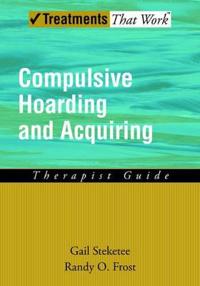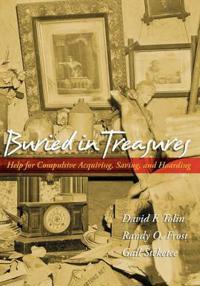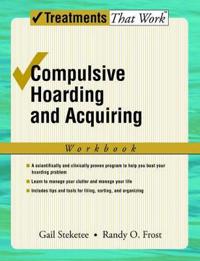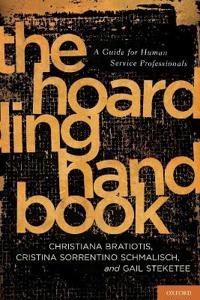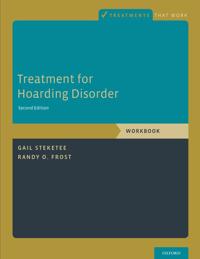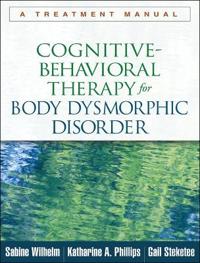Compulsive Hoarding and Acquiring (Häftad)
avGail S. Steketee, Randy O. Frost
ISBN: 9780195300253 - UTGIVEN: 200701The problem of compulsive hoarding and acquiring is more widespread than commonly believed. It often goes undiagnosed, either because sufferers are ashamed of their compulsions or because they don't believe it is a problem that merits professional attention. However, compulsive hoarding can be an em[...]
Buried in Treasures (Häftad)
avDavid F. Tolin, Randy O. Frost, Gail S. Steketee
ISBN: 9780195300581 - UTGIVEN: 200703While most of us find it relatively easy to manage our possessions, a large number of people find it extremely difficult. If you have a problem resisting the urge to acquire and you find your home filled to capacity with items many people would find useless and unnecessary, you may suffer from a con[...]
Compulsive Hoarding and Acquiring (Häftad)
avGail S. Steketee, Randy O. Frost
ISBN: 9780195310559 - UTGIVEN: 200701Although most people enjoy acquiring and using their possessions and nearly everyone keeps some things they don't need or use, people with compulsive hoarding carry this to an extreme. For them, ridding themselves of extra possessions is emotionally exhausting. Organising is difficult and resisting [...]
The Hoarding Handbook (Häftad)
avChristiana Bratiotis, Cristina Sorrentino Schmalisch, Gail S. Steketee
ISBN: 9780195385519 - UTGIVEN: 201106Hoarding is a serious, time-consuming, and expensive problem for virtually every community across the United States. First responders often encounter hoarding unexpectedly and are confused about how to resolve the wide range of problems, from public health and fire safety violations, to housing viol[...]
Treatment for Hoarding Disorder (Häftad)
avGail S. Steketee
ISBN: 9780199334940 - UTGIVEN: 2013-11The relationship people have with their possessions ranges from purely utilitarian to intensely emotional. For most people, their personal possessions provide them with a sense of security, comfort, and pleasure. However, if someone loses the ability to distinguish useful or important possessions fr[...]
Cognitive-Behavioral Therapy for Body Dysmorphic Disorder (Häftad)
avSabine Wilhelm, Katharine A. Phillips, Gail S. Steketee
ISBN: 9781462507900 - UTGIVEN: 201301Presenting an effective treatment approach specifically tailored to the unique challenges of body dysmorphic disorder (BDD), this book is grounded in state-of-the-art research. The authors are experts on BDD and related conditions. They describe ways to engage patients who believe they have defects [...]

